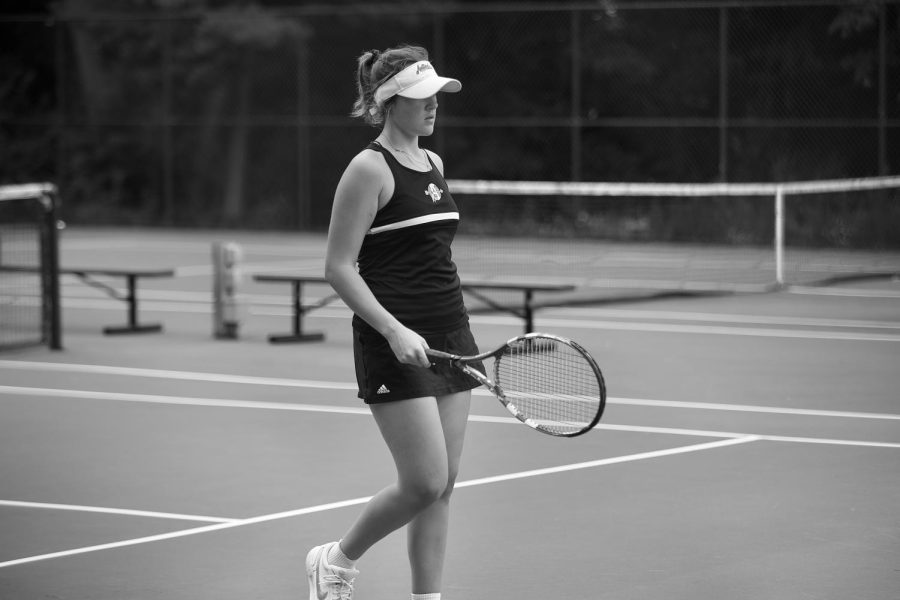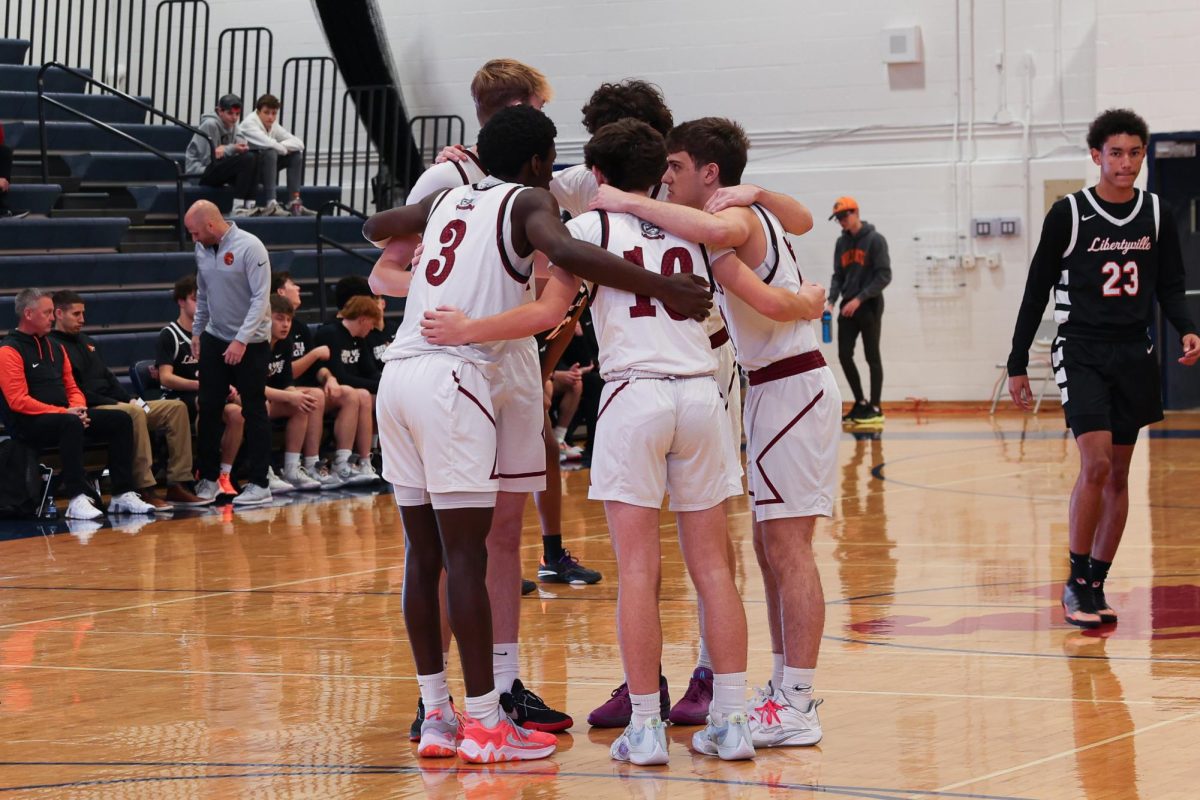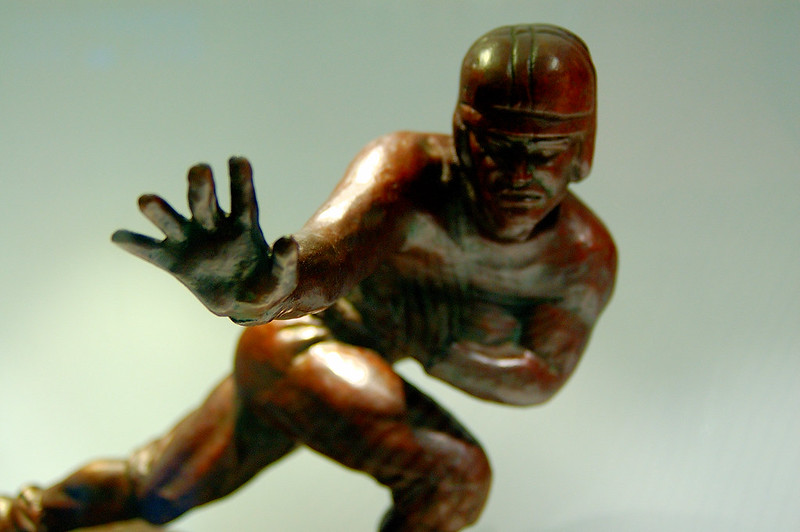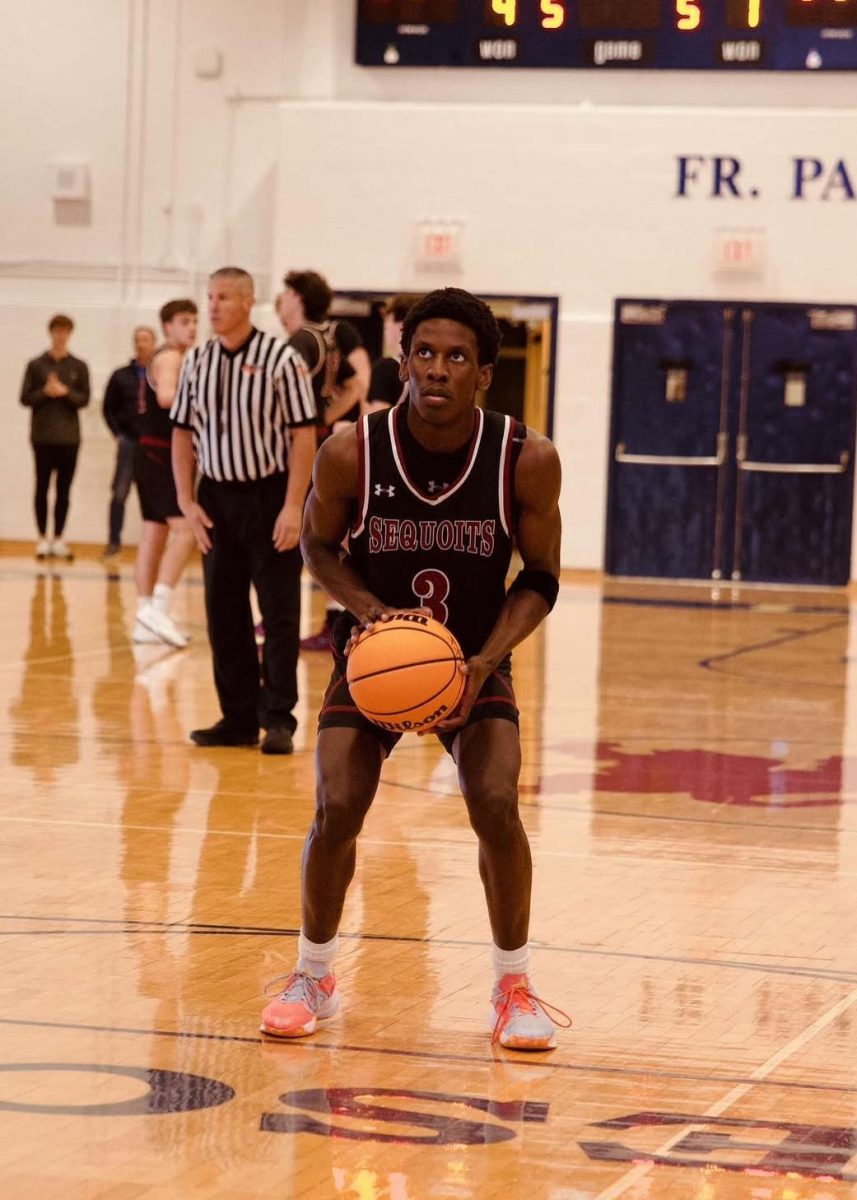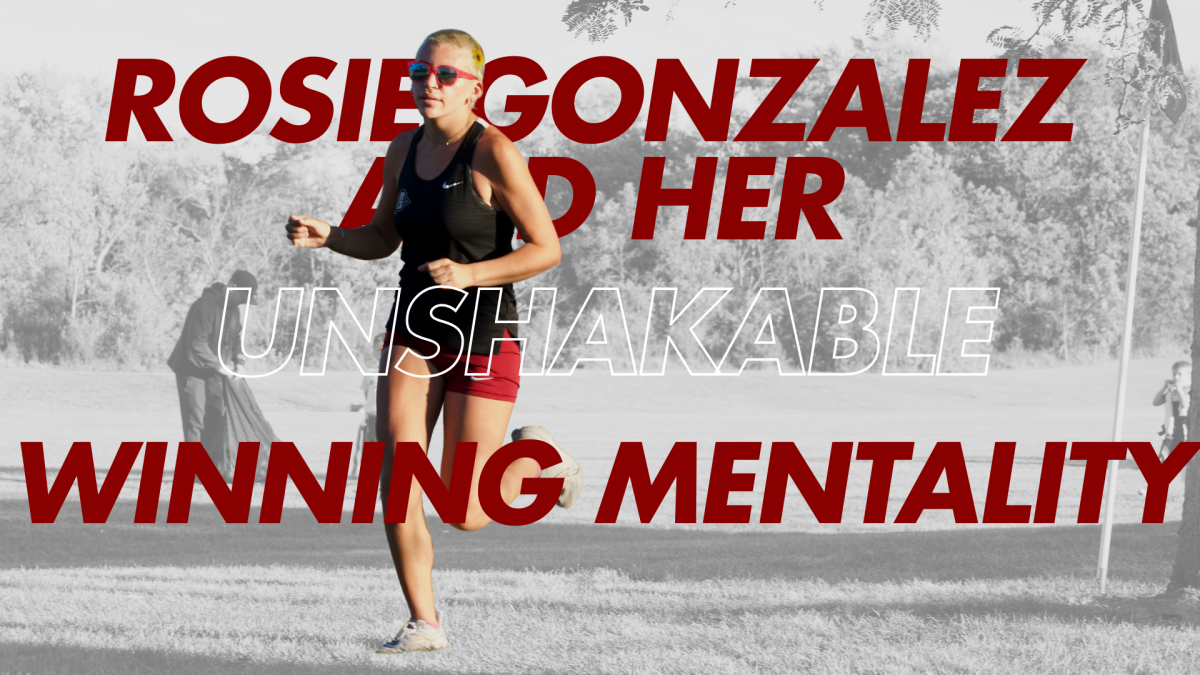Over the last few years, a light has been shined on athletes’ mental health. Pro athletes are speaking more on topics such as mental health and it has opened up many doors, especially for younger athletes. Student athletes have a lot to handle with time management and all of the different tasks that they have to do; sometimes athletes can’t find new hobbies because there is not enough time with homework and maybe having a job.
The student part of being an athlete is one of the most important aspects, but is also one of the most stressful. Students have to manage staying eligible while completing homework that is assigned daily and finding time for all their extracurriculars. Some athletes are able to use their mental health to their advantage and use it as motivation for a game or match.
“School adds a decent amount of stress especially since I’m a senior now and I have to start working on my college plan,” senior Mia Kaiser said. “Playing sports is one of the ways that I de-stress; I take all of my emotions and focus them into my sport and sometimes it helps me play better.”
There are many different factors that can go into someone’s mental health and what affects them. More recently, in 2020, the biggest impact of mental health was the COVID-19 pandemic. Many people began to suffer due to the world shutting down.
According to the NCAA, more recently mental health concerns have become and remained the highest for the student-athlete demographic. They have commonly displayed higher rates of mental distress. Looking from a statistical standpoint, thirty-eight percent of these athletes in women’s sports and twenty-two percent of those in men’s sports have reported feeling mentally exhausted. They reported feeling this way constantly or mostly every day.
Students are not the only ones who are affected with mental health or helping others with their mental health. In many instances, coaches have to take responsibility for their athletes.
“I offer up suggestions on what may help to work through whatever it is that is going on,” golf coach Jim White said. “However, in some cases, more assistance is needed and other interventions are needed.”
Many athletes may be struggling mentally, but only some are able to talk about it and be more open with others about what they are feeling. Most athletes do not know how to express themselves so never seek help. It comes down to a coach noticing or it being brought to the coach by a teammate or rarely the athlete themselves.
“More people try to keep it to themselves, but eventually give an indicator that they have a problem in one way or the other,” White said. “It’s important for friends to be aware of when things don’t ‘seem right’ and may need to reach out to an adult to help that other person.”
These conversations and topics are getting more and more headlines, but still are not getting the public attention it needs to help everyone. Many athletes are feeling more comfortable talking about where they are at mentally and it is making them better at what they do by seeking that help.

